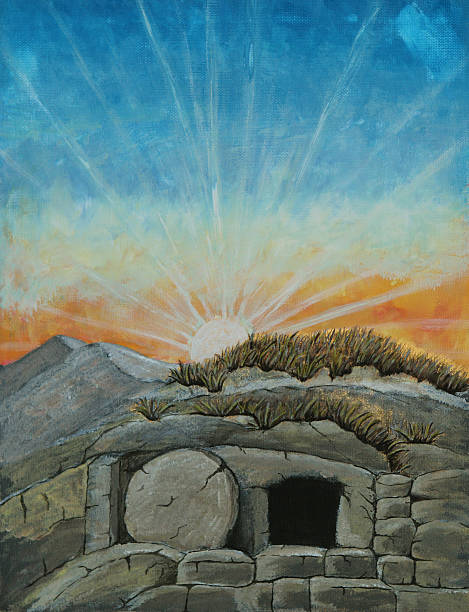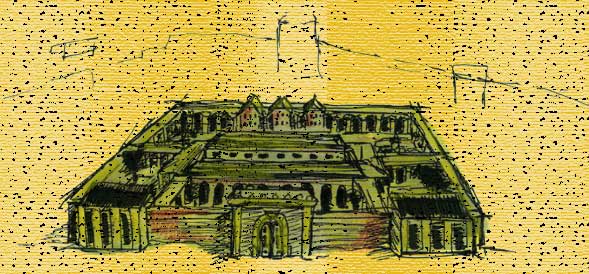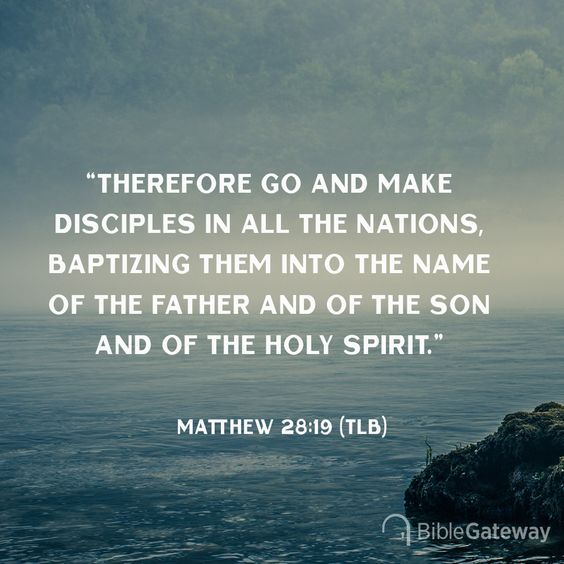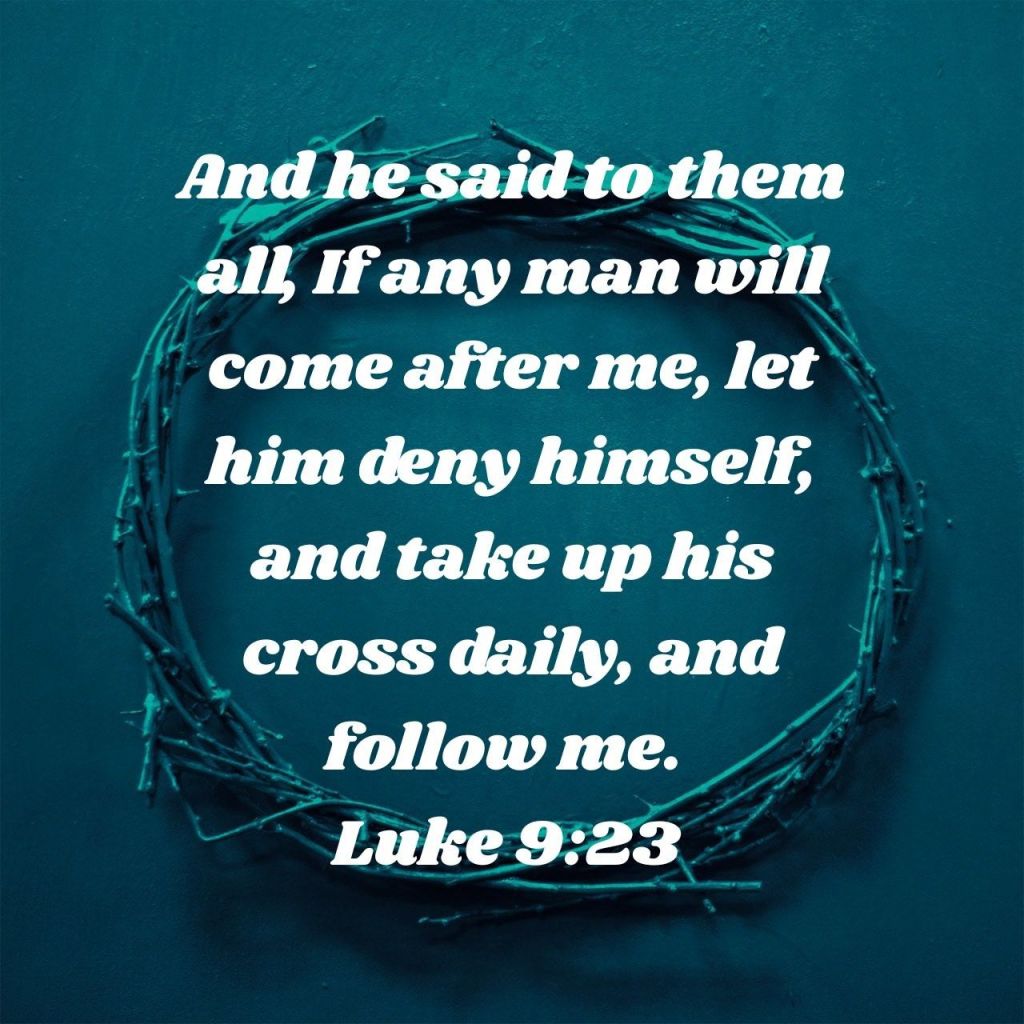Imagine you’re Mary Magdalene, Joanna, Salome, Mary the mother of James, or any of the woman who closely followed Jesus and were there in Jerusalem during Holy Week.
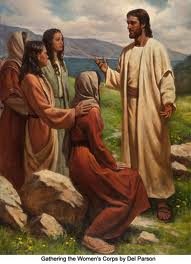
WordPress Blog
Focus on Jesus, the one you followed, talked to, learned from, believed in, loved…
Now see him snatched from the garden by torchlight.
See him dragged around the city and subjected to illegal trials.
Now he’s beaten and spat on. See his bloody and broken body.
See him on the cross.
Now he’s dead. See his body wrapped in cloth and laid in a cave in the side of a hill.
All is lost. How can this be? You don’t understand. Were you wrong to follow him? You were convinced he was going to save you, but he couldn’t even save himself.
Now, the angels say he’s alive!
Now he appears before you – whole, healthy, breathing, eating, speaking!
Now he tells you to go, teach, baptize, and make more disciples.
See him lifted from the mountain and watch him be carried into heaven.
You have been saved. Everything he said is true. He is alive. He is the Christ!
Now you are sure.
Now you will tell everyone you meet about what he did to free people from sin.
Now you will live the rest of your life for him.
Then, you will spend eternity with him…
On this Maundy Thursday, spend time in quiet with Jesus thanking him for the sacrifice he made for you. If you haven’t been following along with us as we focused on Holy Week during the month of March, here are the reading lists:
What Happened the Week Before Jesus Died
What Happened The Week Before Jesus Died – Triumphal Entry
What Happened the Day Before Jesus Died

